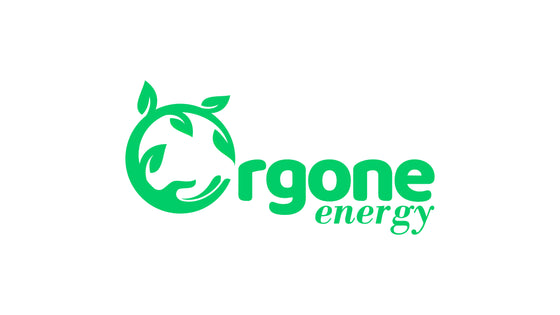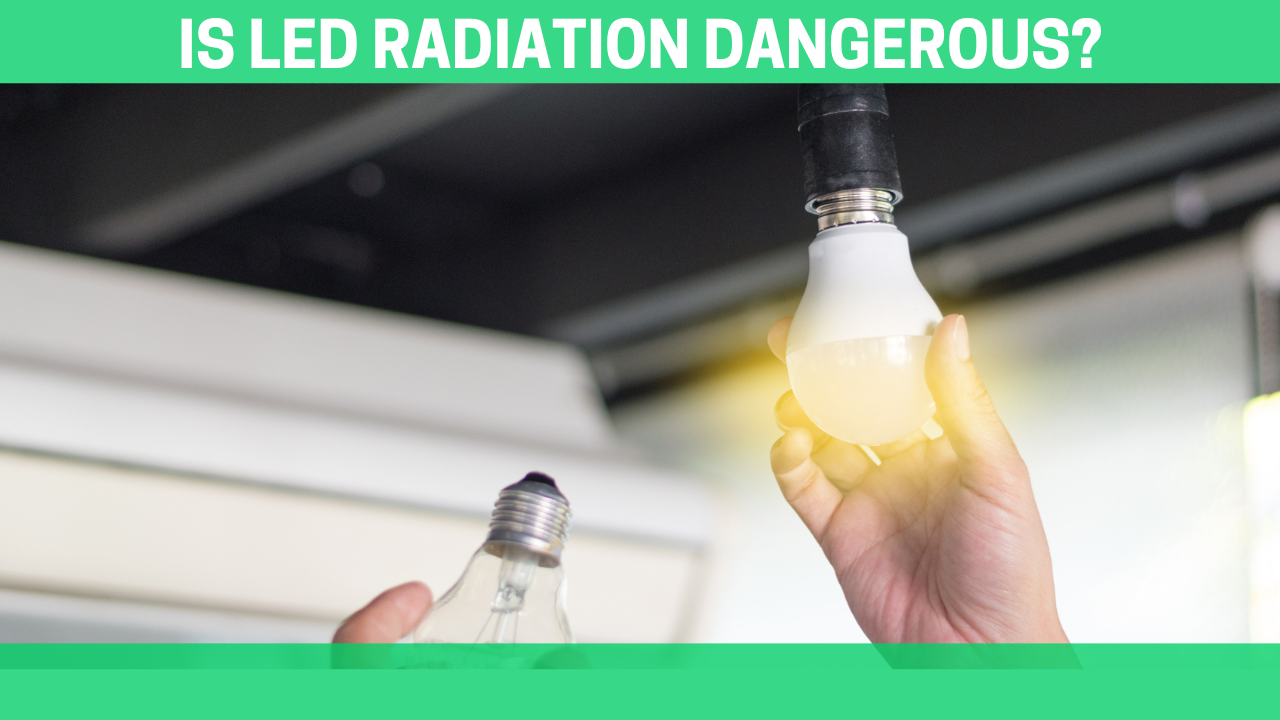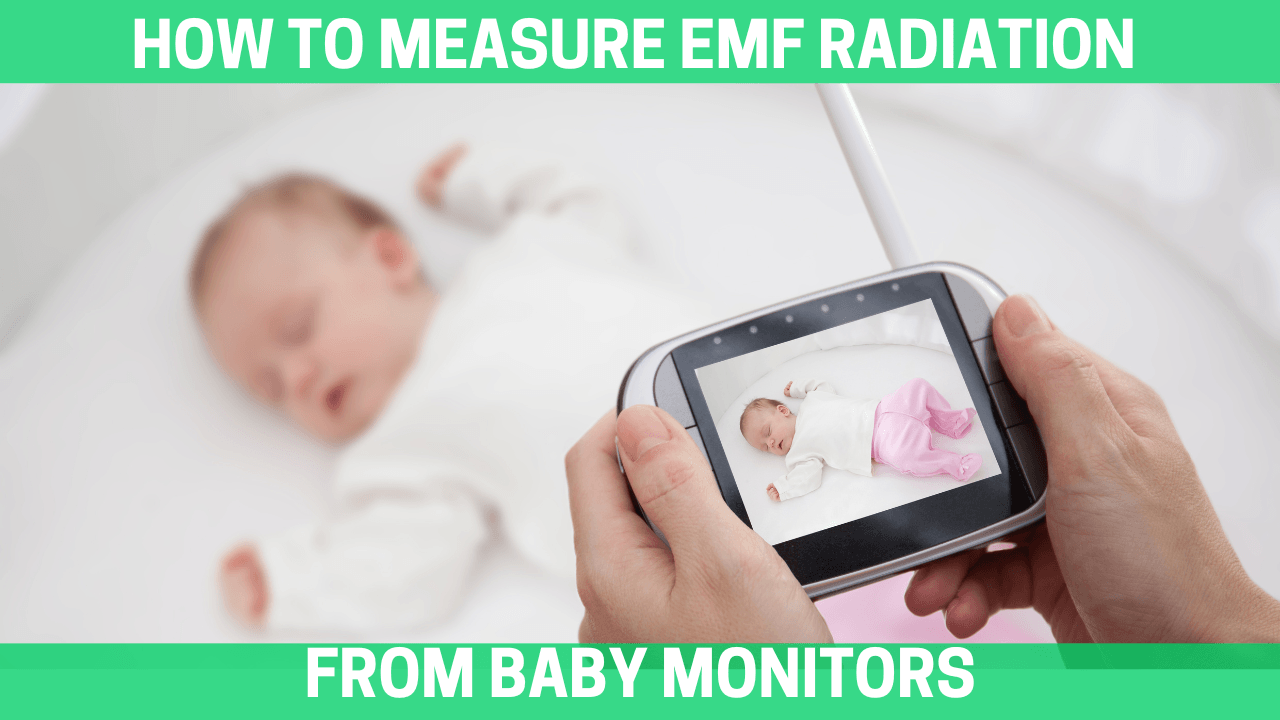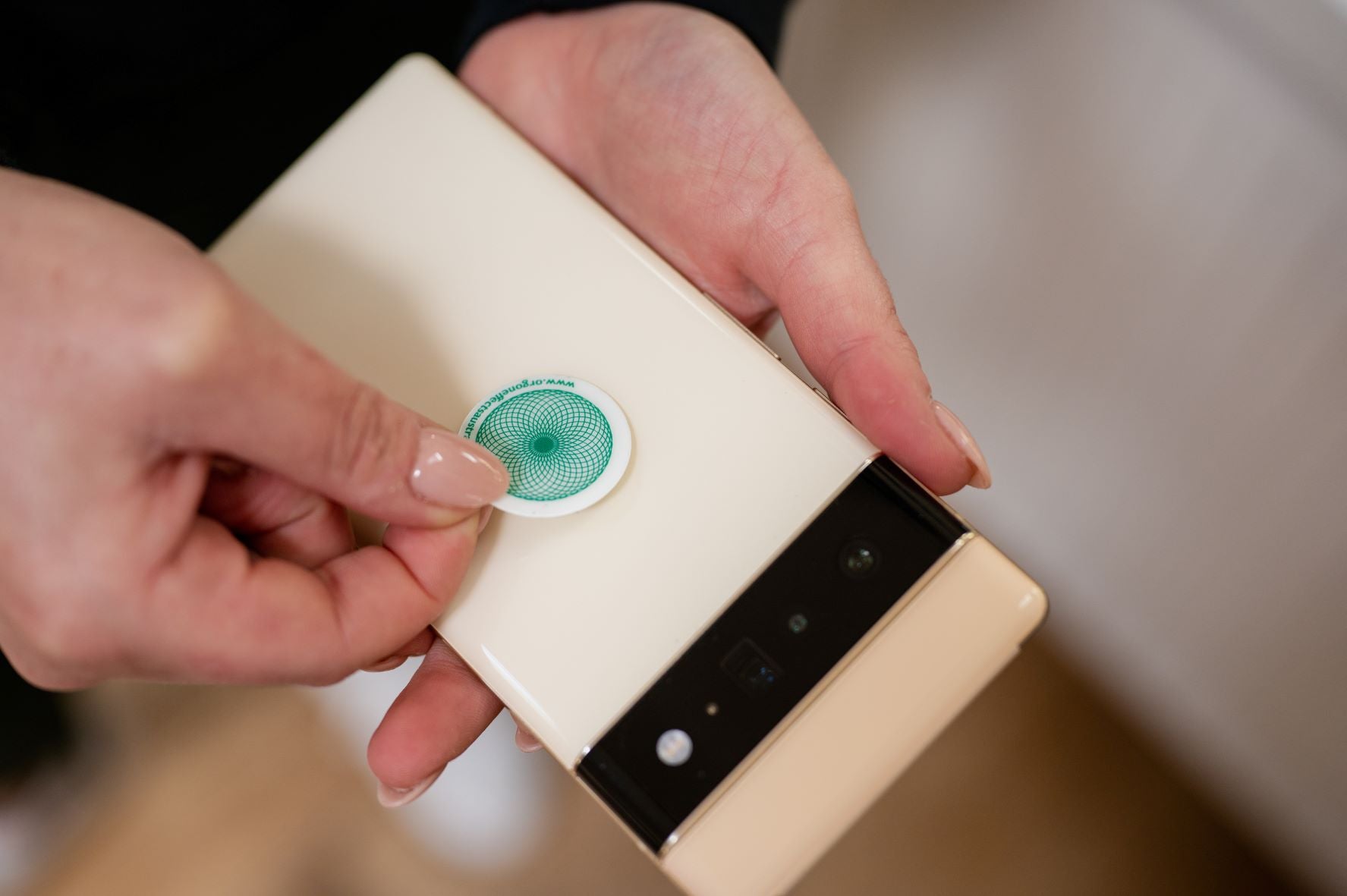Ever squint at your phone in bed only to toss and turn for hours? You're not alone. Digital eye strain, marked by tired eyes, headaches, and blurry vision, plagues millions glued to screens. Enter blue light glasses, promising a shield against these woes.
But do they truly live up to the hype? We delve into the science behind blue light and explore whether these trendy specs are a cure-all or a case of overhyped marketing.
What is Blue Light?
Blue light is a type of light that has a short wavelength and high energy. It is emitted by various sources, both natural and artificial. The primary natural source of blue light is the sun, which emits a wide spectrum of light that includes blue light.
Artificial sources of blue light have become increasingly common in our modern lives.
The impact of blue light on eye health is a topic of concern and research. Studies have shown that prolonged exposure to blue light can cause digital eye strain or computer vision syndrome, which manifests as symptoms like dry eyes, eye fatigue, and blurred vision.
This is because the high energy of blue light scatters more easily in the eye compared to other colors, leading to increased strain on the eye's focusing system.
Apart from eye strain, blue light can also impact our sleep patterns.
Exposure to blue-turquoise light, especially in the evening and at night, can suppress the production of melatonin, a hormone that regulates sleep-wake cycles.
This can lead to difficulty falling asleep and disrupted sleeping schedules. Melatonin suppression is particularly significant for those who use electronic devices before bedtime or have poor sleep hygiene.
Many devices and technologies emit artificial blue light, including smartphones, tablets, computer screens, fluorescent bulbs, LED lights, and flat-screen televisions.
The widespread use of these devices and technologies, especially during late hours, exposes us to a significant amount of artificial blue light.
Prolonged exposure to blue light from various sources can have detrimental effects on eye health and disrupt our sleep patterns. It is essential to be mindful of our exposure to artificial blue light and take steps to protect our eyes and establish healthy sleep routines.
What are Blue Light Glasses?

Blue light glasses, also known as computer glasses or anti-blue light glasses, have gained significant popularity in recent years. With the increasing use of digital screens in our daily lives, these glasses have emerged as a solution to combat the potential hazards associated with prolonged screen exposure.
In addition to filtering blue-violet light, blue light glasses also help eliminate glare, making it easier to view digital screens. Glare from reflective surfaces, such as the screen of a computer or the windshield of a car, can cause eye strain and make it difficult to see clearly. By reducing glare, blue light glasses provide a better visual experience, allowing us to use digital devices for longer periods without discomfort.
Blue light, which is emitted by electronic devices such as smartphones, tablets, and computers, has been linked to eye strain, dry eyes, headaches, and disrupted sleep patterns.
Blue light glasses are designed to filter out a significant portion of this harmful blue light, reducing its potential negative effects on our eyes and overall well-being.
How do Blue Light Glasses Work?
Blue light glasses are specially designed eyewear that help reduce eye fatigue and strain caused by excessive exposure to blue light emitted by digital screens such as smartphones, computers, and televisions. These glasses work by filtering out blue light and eliminating glare, providing a better digital screen experience.
Blue light glasses use special lenses that have a filtering technology to selectively block certain wavelengths of blue light.
These lenses are often coated with a yellow or amber tint, which helps to absorb the blue light and prevent it from reaching the eyes. By reducing the amount of blue light that enters the eyes, these glasses minimize eye strain and fatigue.
Additionally, blue light glasses help eliminate glare, which is the excessive brightness or reflection that can be caused by light bouncing off the screen or other surfaces. Glare can strain the eyes and make it difficult to see the screen clearly. Blue light glasses have an anti-reflective coating that reduces glare and improves visual clarity, making it easier to see and read text on the screen.
The benefits of wearing blue light glasses include reduced eye strain and fatigue, improved comfort during prolonged screen use, and a more relaxed viewing experience. By filtering out blue light and eliminating glare, these glasses help reduce the risk of developing digital eye strain symptoms such as dry eyes, headaches, and blurred vision.
The Negative Effects of Blue Light

Blue light is a type of visible light that is emitted by electronic devices, as well as natural sources such as the sun. In recent years, there has been increasing concern about the negative effects of blue light exposure on our health and well-being.
With the widespread use of smartphones, tablets, and computers, many individuals are exposed to excessive amounts of blue light throughout the day.
This has led to a growing body of scientific research highlighting the potential negative impacts of blue light on our sleep patterns, eye health, and overall mental and physical well-being. Understanding and addressing the negative effects of blue light has become an important aspect of maintaining a healthy lifestyle in the modern digital age
Blue Light and Sleep

Disruption of sleep cycle
The disruption of the sleep cycle due to electricity and artificial lighting can have negative effects on health. Our bodies have evolved to follow a natural sleep-wake cycle that is regulated by hormones such as melatonin. However, the widespread use of electricity and artificial lighting has altered this natural cycle.
Not all light is created equal. Blue wavelengths, while beneficial for alertness, focus, and mood during the day, can be disruptive at night. This is because blue light suppresses the production of melatonin, a hormone that regulates sleep. The widespread use of electronic devices and energy-efficient lighting has significantly increased our exposure to blue light, particularly in the evening hours, potentially impacting our sleep patterns.
One of the main consequences of disrupted sleep cycles is an increased risk of various cancers.
Shift workers and individuals who regularly stay up late at night are particularly vulnerable. Research suggests that exposure to artificial light at night suppresses the production of melatonin, a hormone that helps regulate sleep and has anticancer properties.
This disruption of the sleep-wake cycle can disrupt the body's natural defense against cancer, leading to an increased risk of developing various types of cancers such as breast, prostate, and colorectal cancer.
Furthermore, the disruption of the sleep cycle can also contribute to obesity and chronic disease. Sleep deprivation and irregular sleep patterns have been linked to weight gain and an increased risk of conditions such as diabetes, cardiovascular disease, and hypertension.
Disrupted sleep can affect appetite-regulating hormones, leading to increased food intake and cravings for high-calorie foods. Additionally, inadequate sleep can disrupt glucose metabolism and insulin sensitivity, contributing to the development of chronic diseases.
Potential Long-term Damage to the Eyes

Potential long-term damage to the eyes can be caused by exposure to blue light. Blue light is a type of visible light with a short wavelength and high energy that is emitted by electronic devices such as smartphones, tablets, and computer screens.
Extended exposure to blue light can lead to a condition called digital eye strain, also known as computer vision syndrome. Symptoms of digital eye strain include dryness, redness, blurred vision, headaches, and neck and shoulder pain.
Prolonged exposure to blue light can also cause retinal damage. The retina is a thin layer of tissue at the back of the eye that is responsible for converting light into nerve signals. Blue light can penetrate deep into the eye and damage the cells of the retina, potentially leading to macular degeneration, a leading cause of vision loss.
Benefits of Blue Light Glasses
Vintage Blue Light Blocking Glasses
In today's digital age, many people spend a significant amount of time in front of screens, whether it be for work, entertainment, or communication. However, this excessive exposure to screens can have detrimental effects on our eyes and overall well-being.
Blue light glasses, also known as computer glasses or anti-blue light glasses, have gained popularity as a solution to combat these negative impacts. By filtering out harmful blue light emitted from screens, these glasses offer a range of benefits, making them a valuable addition to our daily routines.
Whether it is improved sleep quality, reduced eye strain, or protection against long-term eye damage, blue light glasses offer an effective way to alleviate the potential risks associated with prolonged screen time.
Improved sleep quality
The impact of blue light glasses on sleep was investigated in a recent study. In the study, two methods were used to measure sleep quality and mood improvement in the participants.
The first method involved the use of sleep trackers worn by all participants. These sleep trackers collected data on participants' sleep duration, sleep efficiency, and sleep disturbances. Additionally, all participants were asked to complete a sleep questionnaire, which included questions about sleep quality, sleep latency, and sleep depth.
The second method involved assessing participants' mood improvement through the use of standardized mood scales. These scales evaluated various dimensions of mood, such as happiness, stress levels, and overall emotional well-being. Participants completed these mood scales before and after the intervention period to determine any changes in mood.
In terms of specific results, the group wearing blue-light blocking glasses demonstrated significantly improved sleep quality compared to the UV-light blocking group.
They experienced longer sleep duration, higher sleep efficiency, and fewer sleep disturbances. Additionally, participants in the blue-light blocking group reported a significant improvement in their overall mood, including reduced stress levels and increased happiness.
These findings suggest that wearing blue-light blocking glasses can effectively enhance sleep quality and positively impact mood.
By filtering out blue light, these glasses promote the production of melatonin, a hormone that regulates sleep-wake cycles.
Consequently, participants wearing blue-light blocking glasses experienced better sleep and improved mood compared to those wearing UV-light blocking glasses.
Which Blue Light Glasses Are Right For You?

Tired of sore, strained eyes after a long day staring at screens? Orgone Energy has the perfect solution for the whole family!
Our blue light glasses come in a variety of stylish frames, from classic to vintage, ensuring you can protect your eyes in comfort and with a touch of your own flair.
Worried about the little ones? We even offer children's blue light glasses to safeguard their developing eyes. And for those who already wear corrective lenses, we offer prescription blue light glasses so you can enjoy the benefits of reduced eye strain without sacrificing clear vision.
Don't wait any longer! Orgone Energy has the perfect pair of blue light glasses to keep your eyes feeling great, no matter your age or style.
Types of Blue Light Glasses

Blue light glasses have gained significant popularity in recent years due to the increased exposure to digital screens and artificial lighting. These glasses are specifically designed to filter out or block certain wavelengths of blue light, which are known to cause eye strain and disrupt sleep patterns.
By reducing exposure to blue light, these glasses can help alleviate symptoms such as eye fatigue, dryness, and headaches. However, not all blue light glasses are created equal.
Prescription vs. Non-Prescription Options
Folding Anti-Blue Light Reading Glasses
Blue light glasses have gained popularity in recent years due to the increased use of digital devices and the potential harm caused by blue light emitted from screens. When it comes to choosing blue light glasses, one of the key considerations is whether to opt for a prescription or non-prescription option.
Prescription blue light glasses are specifically tailored to an individual's vision needs. The correct prescription is crucial for effective eye strain reduction because it ensures that the glasses provide the right amount of vision correction.
At Orgone Energy we offer Anti-Blue Light Reading Glasses so our customers do not have to choose between correcting their vision and protecting themselves against blue light. Our lightweight options offer a wide range of colors and styles.
On the other hand, non-prescription blue light glasses are an option for those without vision correction needs. These glasses offer the benefits of reducing glare and eye strain caused by blue light, without the need for a prescription. Non-prescription blue light glasses are readily available and offer a convenient solution for individuals who do not require vision correction but still want to protect their eyes.








